#amma asante
Explore tagged Tumblr posts
Text











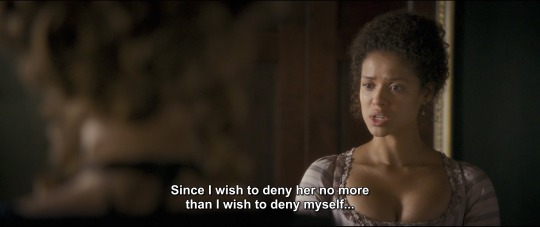



BELLE (2013) dir. AMMA ASANTE
78 notes
·
View notes
Text


Timothée Chalamet at the BAFTAs on Feb. 10, 2019. The first photo is new/old. IG credit: iammaasante
#timothee chalamet#Stephane bak#2019 was a different time#less drama somehow and more love#baftas#timothée chalamet#ee baftas#February 10#nicholas britell#barry keoghan#zawe ashton#2019#amma asante#so cute
101 notes
·
View notes
Text
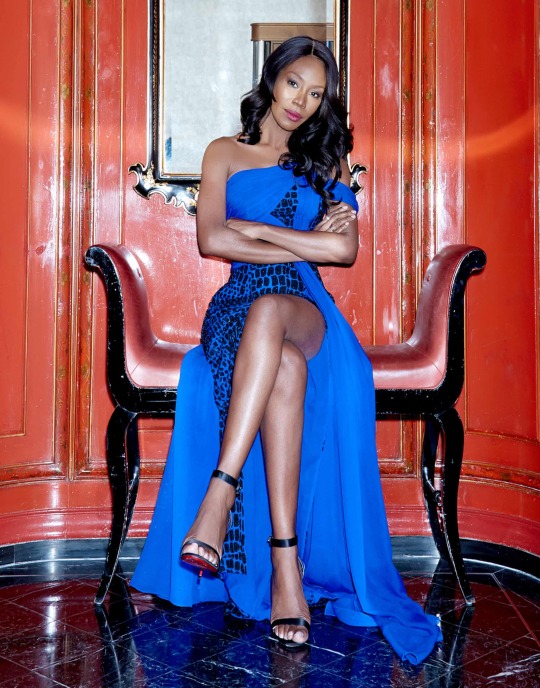
As a woman of colour who makes movies in a world that is the privilege of the white male, I represent 0.4% of my industry. I would love to get to a place where I don’t have to make that statement. It would be great to be remembered as someone who broke boundaries and made the way for others who look like me.
Amma Asante
28 notes
·
View notes
Text
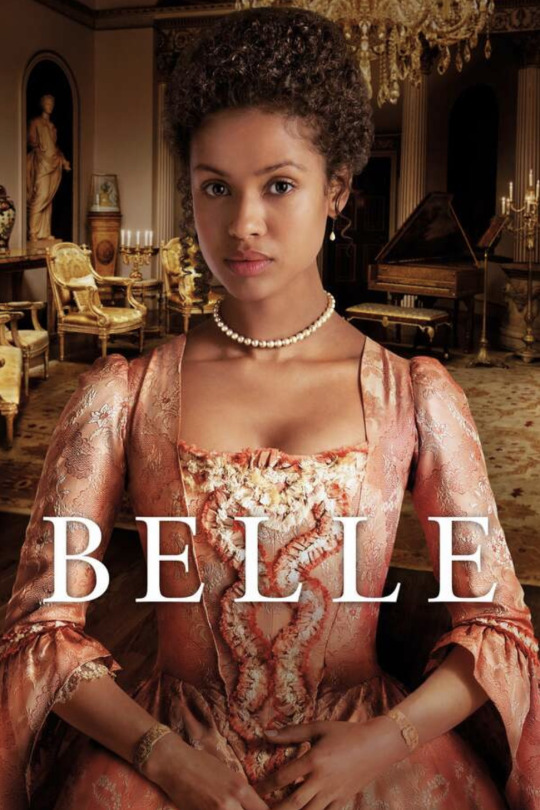
#movies#polls#belle#belle 2013#belle movie#2010s movies#amma asante#gugu mbatha raw#tom wilkinson#requested#have you seen this movie poll
83 notes
·
View notes
Photo
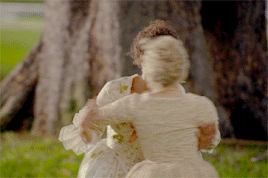

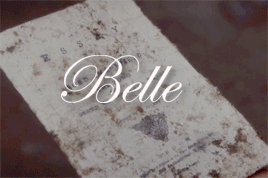


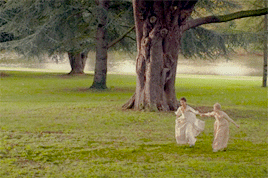


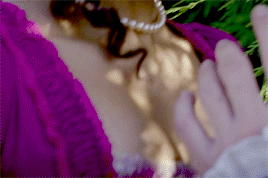
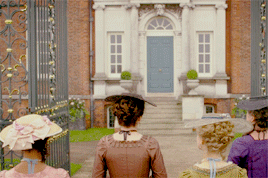
Belle (2013)
#Belle#filmedit#perioddramaedit#Gugu Mbatha Raw#Sarah Gadon#Tom Felton#Sam Reid#Emily Watson#Amma Asante#my gifs#movie gifs
253 notes
·
View notes
Text
AMMA ASANTE // DIRECTOR
“She is a British filmmaker, screenwriter, former actress, and Chancellor at Norwich University of the Arts. Asante wrote and produced the 1998 BBC Two television series Brothers and Sisters, starring David Oyelowo. One of her most notable films Belle (2013), was specially shown at the United Nations headquarters in New York on 2 April 2014, as part of the UN commemorative events on slavery and the transatlantic slave trade. Asante and star Gugu Mbatha-Raw attended the screening at the United Nations headquarters. Asante was appointed Member of the Order of the British Empire (MBE) in the 2017 Birthday Honours for services to film. In 2018, Asante became the first woman to receive the British Urban Film Festival honorary award from actress Dona Croll for outstanding contribution to film and television.”


0 notes
Text
The true story of a love that shook an empire
0 notes
Text
I'm currently reading the book this movie is based on and cannot not recommend it enough. it is a really well researched history of the slave trade in England told through the life of Belle.

The Last Movie I Watched...
Belle (2013, Dir.: Amma Asante)
39 notes
·
View notes
Text



BELLE (2013)
dir. amma asante
#belle 2013#costume drama#period drama#perioddramaedit#perioddramagif#onlyperioddramas#perioddramasource#weloveperioddrama#filmtvcentral#filmtvdaily#movieedit#moviegifs#filmgifs#filmedit#belle#dido elizabeth belle#john davinier#gugu mbatha raw#sam reid#my gifs#mine
235 notes
·
View notes
Text








BELLE (2013) dir. AMMA ASANTE
34 notes
·
View notes
Text
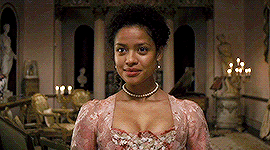

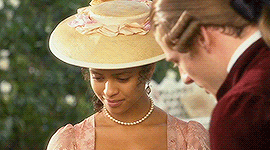
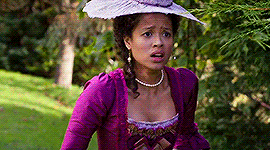
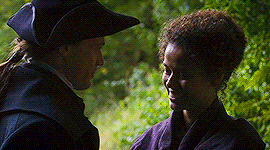
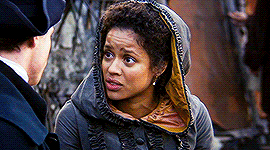
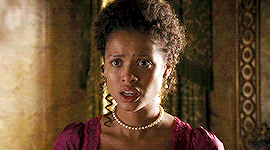
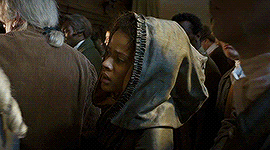
Gugu Mbatha-Raw as Dido Elizabeth Belle Belle (2013) dir. Amma Asante
#gugu mbatha raw#dido elizabeth belle#belle#perioddramaedit#periodedit#gugumbatharawedit#maura makes things
362 notes
·
View notes
Text

Nommo, the first Dogon ancestor. After the creation of the cosmos, the supreme god Amma created the first earthly being, that being was Nommo. Nommo was the culmination of Amma’s creation, holding both sexes, they were the purist form of life. Nommo held complete dominion over water, being intrinsically tied to the life bringing substance. After his creation, Nommo multiplied into four pairs of twins, all also named Nommo. One of each pair of the twins was male, while the other was female, continuing Amma’s divine order of dual sex. However, another child of Amma, the jackal god Ogo, sewed chaos across the world, even turning some of the Nommo to his side, his power threatened to destroy the world. One of the Nommo stepped forward, offering themselves as sacrifice to correct the world’s balance. Amma used this Nommo’s body, flinging their parts across the earth, purifying it from Ogo’s darkness. Where each part landed a shrine was built. However, These events caused the Nommo’s descendants, humanity, to now be imperfect, resulting in less twin births to uphold the dual sex order. The Nommo were described by their descendants, the Dogon, to be amphibious spirits. They were depicted with a human body and legs with a fish tail, other descriptions said they had a human upper body and a snake lower body.
The word Nommo is believed to be derived from a Dogon word that means “to make one drink”, some Dogon have posited that it actually means “master of water” instead, they have also been called “the teachers” and “the monitors” instead. As a term Nommo is used to refer to both the first ancestor deity and their progeny, both groups are referred under androgynous and genderfluid pronouns. In the 1940s a pair of German anthropologists, Germaine Dieterlen and Marcel Griaule, claimed that they had received secret teachings from their Dogon informants. Allegedly they transcribed a myth which stated that the Nommo were originally from a planet in the Sirius star system, also known by the Dogon as Sigui Tolo, who then came to earth on a ship of fire and lightning, in this myth it’s alleged that it held information about Sirius that would’ve been impossible to ascertain by the naked eye, such as it having a companion star and that it had a 50 year orbital cycle. This has been used by conspiracy theorists to appropriate the Dogon religion, saying that the Nommo were aliens who came to earth. However this has been refuted in modern scholarship as not only did the Dogon have the capability to gain that knowledge through outside forces, but the actual information itself is very dubious. The “knowledge” that was allegedly shared to the anthropologists has never been fully repeated by other Dogon elders, and actually has been rebuked by them on a number of occasions. According to other researchers Sigui Tolo doesn’t refer to Sirius at all, but to the morning star, other traditions state that Sigui Tolo was actually an invisible star that only appeared during festivals. The word Nommo is also used by some African-American philosophers, like Molefi Asante, to connote the power words have to shape our reality.
#art#character design#creature design#mythology#deity#culture hero#race#dogon#dogon mythology#african mythology#mali#burkina faso#water god#nommo#nummo
7 notes
·
View notes
Text






Belle (2013), dir. Amma Asante
16 notes
·
View notes
Text
feminine african names

abeni [yoruba, nigerian] “we prayed for her and she arrived”
adeola [yoruba] “crown has honor”
afia [akan] “born on friday”
ama [ewe] “born on saturday”
amara [igbo] “grace”
amma [akan] “born on saturday”
anika [hausa] “sweetness of face” (the nordic pronunciation is AWN-ih-kuh, the african pronunciation is a-NEE-kuh)
aramide [yoruba] “my people have arrived”
asha [swahili] “life”
behati [afrikaans] “blessed; she who brings happiness”, afrikaans variation of beatrice
chioma [igbo] “good god”
desta [amharic] “joy”
efemena [urhobo] “here is my wealth”
efia [akan] “born on friday”
eshe [swahili] “life”
fayola [yoruba] “lucky”
gabisile [bantu] “has made people envious, but they won’t get it”
imena [african] “dream, faith”
izara [hausa] “shawl”
juba [asante] “born on monday”
kamali [shona] “spirit guide”
kamaria [swahili] “moonlight”
kessie [asante] “chubby baby”
kia [african] “season’s beginning”
lelise [oromo] “admirer”
lindiwe [zulu] “awaited”
lulit [amharic] “pearl”
maaza [amharic] “aroma”
makena [kikuyu] “happy one”
marjani [swahili] “coral”
mirembe [ugandan] “woman of peace”
nakato [luganda] “second of twins”
naliaka [luhya] “born during wedding season”
ndila [kamba] “billy goat”
nemy [mende] “sweet”
nneka [igbo] “my mother is supreme”
nnenna [igbo] “father’s mother”
nsia [akan] “sixth born child”
omolara [yoruba] “born at the right time”
palesa [sotho] “flower”
pili [swahili] “second born”
sassandra [african] town in côte d’ivoire
seble [amharic] “harvest”
taci [african] “washtub”
tamala [african] “dark tree”
thabisa [zulu] “bring joy”
thandie [xhosa] “beloved”
thulile [zulu] “peaceful”
tula [swahili] “to be tranquil”
uzoma [igbo] “good way”
xois [egyptian] capital of an ancient egyptian dynasty
yetunde [yoruba] “mother returned”
zahara [swahili] “to shine, flower”
zella [bobangi] “lacking nothing”
zendaya [shona] “to give thanks”
zenzile [zulu, xhosa] “you’re responsible for what you’ve become”
zola [congolese] “piece of earth”
zuwena [african] “good”
5 notes
·
View notes
Text
belle (2013) dir. amma asante


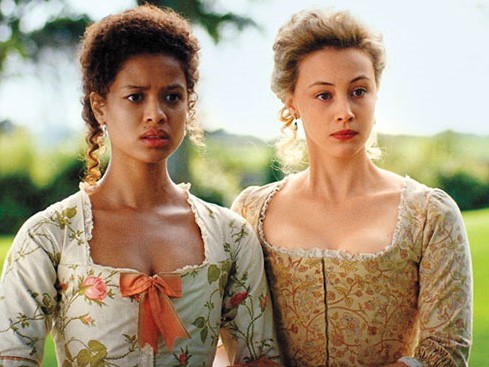
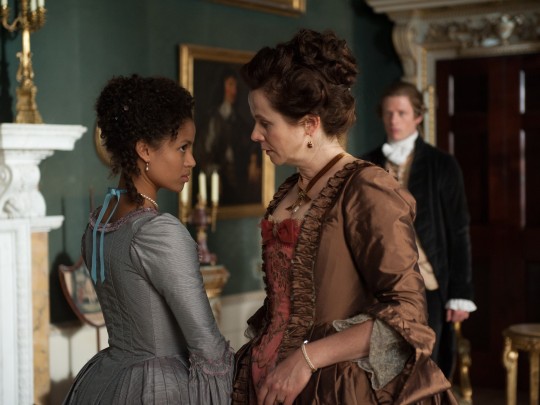
watched: 03/06/2023
my rating: 5/10
#67 movie watched in 2023
"The biracial daughter, Dido Elizabeth Belle, of Royal Navy Captain Sir John Lindsay is raised by aristocratic Great-uncle Lord William Murray, 1st Earl of Mansfield in 18th century England." via. IMDb
9 notes
·
View notes
